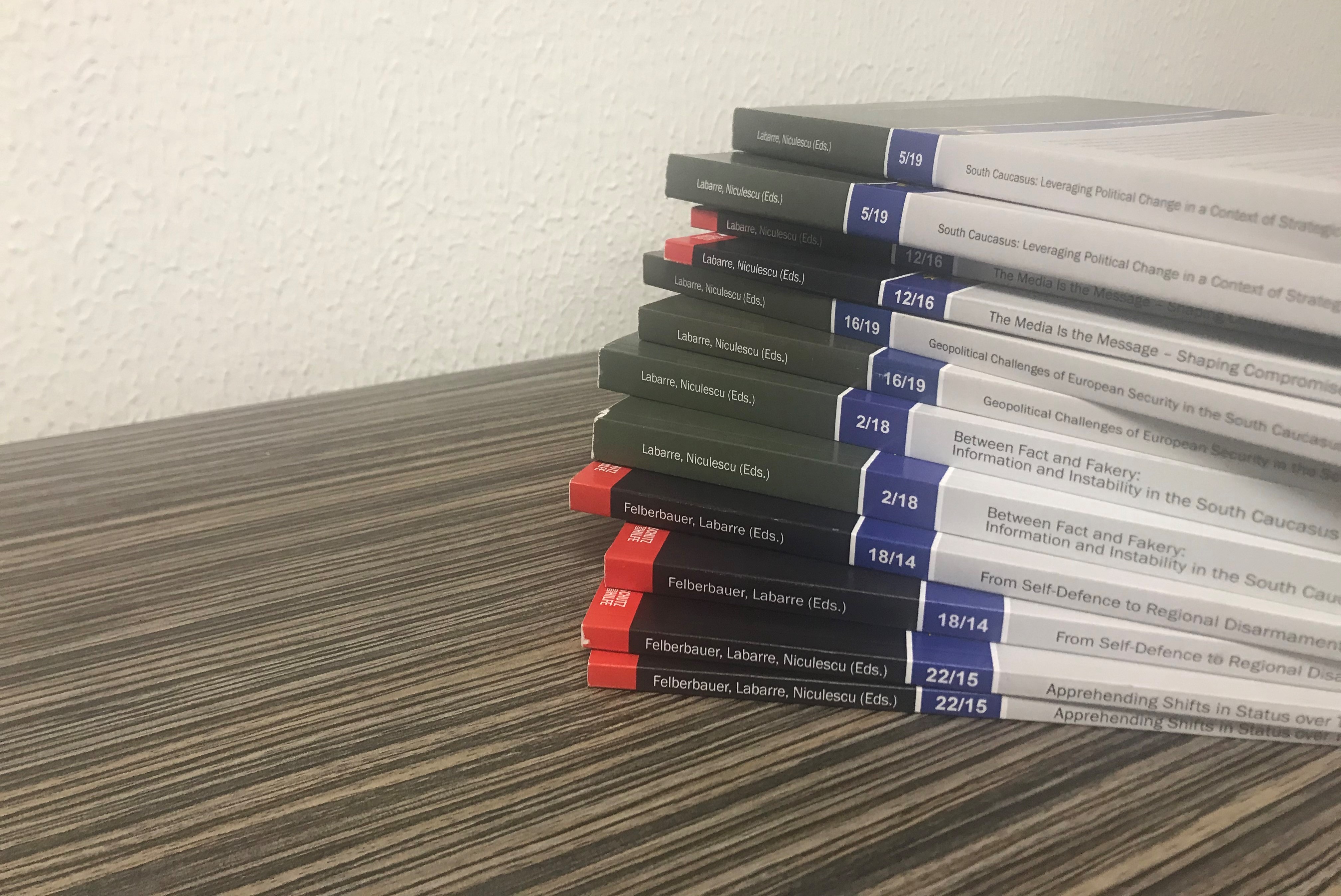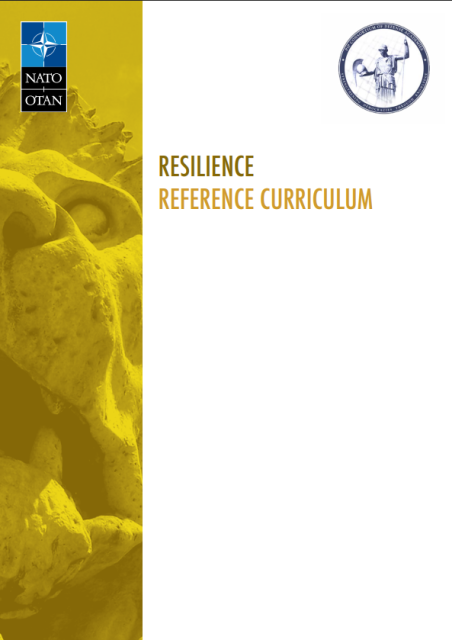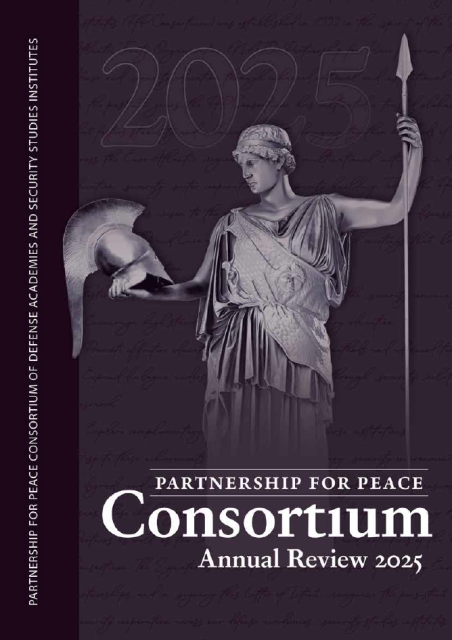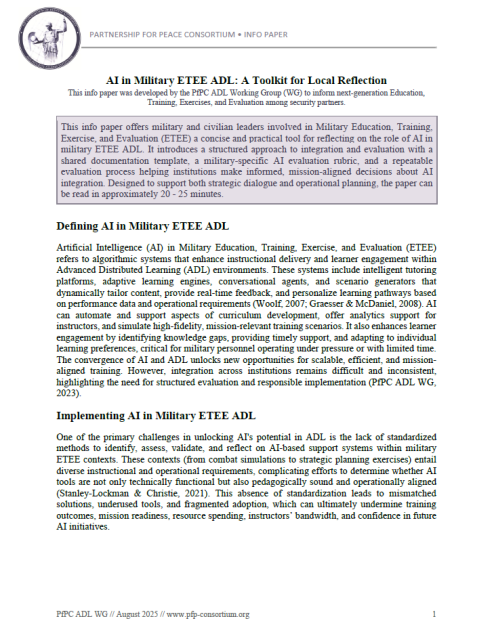
Vienna, Austria, 02 March 2021 - The now available Study Group Information (SGI) consists of an Extended List of Policy Recommendations from the 2nd RSSC SG/PfPC Virtual Roundtable, held on December 4th, 2020. In the wake of the second Nagorno-Karabakh war, these special contributions anchor on the new reality and look to the new challenges of regional peace-building. On November 10th, 2020 the leaders of Armenia, Azerbaijan and Russia signed a Trilateral Statement providing for a ceasefire and a set of guidelines for a future peace deal. However, this Statement is far away from a peace plan. It left open key issues, such as: the final status; the future role of the OSCE Minsk Group and of other international actors, the conditions for the return of the refugees and IDP’s, and how the growing mistrust and conflict-driven animosities between the two communities would be overcome. This booklet aims to help filling in the gaps in the Trilateral Statement and paving the way towards peaceful conflict resolution.
Click here to go to the PfPC RSSC SGI page, or click download on the left pane to get the full version.







